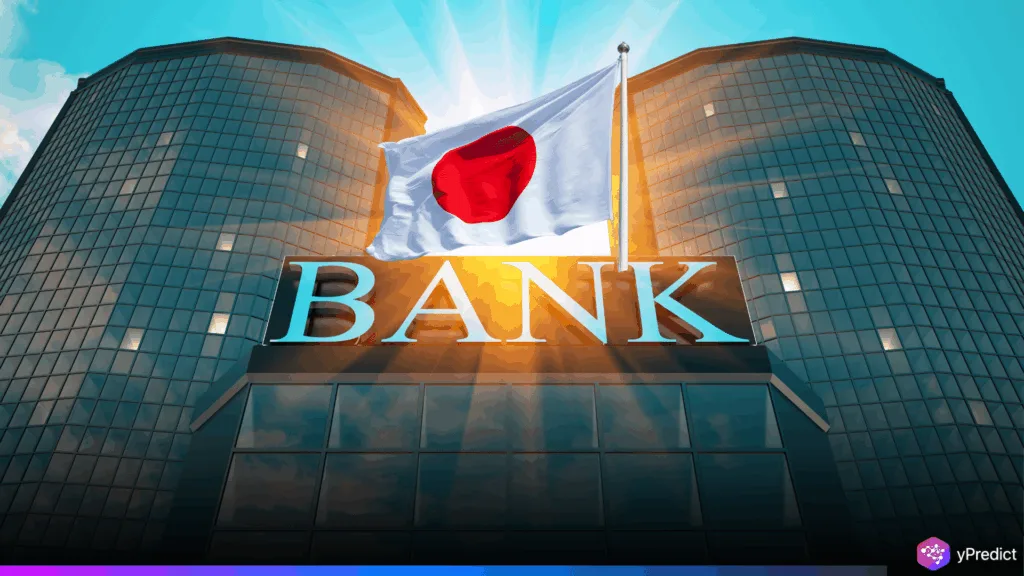
The Bank of Japan is seeing an increase in demand for a rate hike as inflation pressure increases. Data from Tokyo in May showed core inflation unexpectedly up, increasing the likelihood that the market is discounting the possibility of policy action. Hence, this change would make the yen stronger and shift the USD/JPY trends. Even with conflicting economic indicators, the BOJ seems to prefer price stability. It may also hike interest rates by 25 basis points in July.
Could Inflation Pressures Force the Bank of Japan to Act
In May, Tokyo’s consumer price index (CPI) inflation persisted at 3.4% year over year, as projected. However, core inflation minus fresh food rose to 3.6%, higher than expected and a record high since early 2023. This steady increase from the 2.2% in February indicates the increasingly pressing pressures on inflation across the board.
Therefore, increasing costs of housing, entertainment, transportation, and services support the case for more stringent monetary policy. Over the summer, the government plans to resume utility subsidies, which will help offset some rate hikes. Industrial production weakened in April as output dropped 0.9% from the previous month. Additionally, automaker production was cut sharply for two straight months because of supply chain interruptions and tariffs.
How Will USD/JPY React to Changing Market Expectations?
USD/JPY will reach 140 by year-end, say analysts. Recent rises in Japanese long-term yields signal that the nation’s economy is returning to normal and inflation is coming back. Although this rise has raised volatility and cooled market sentiment, real interest rates remain negative.
In addition, the ongoing imposition of quantitative strictures, which would necessitate careful action, would damage BoJ policy credibility. In the meantime, the Bank of Japan is expected to increase in July before waiting to monitor US tariffs closely.
What Lies Ahead for Inflation and Rate Decisions in Japan?
The Bank of Japan operates in a tough environment where inflation is high. However, economic growth is uncertain and prone to external shocks. The conflicting indicators reflect an uneven recovery with strong retail sales. Price stability has been the prime objective of the BoJ because of the widespread inflationary pressures.
Policy normalization could decelerate in the coming years because of stability issues regarding financial markets. As a result, the BoJ will delay additional hikes, pending the development of US tariffs and sustained wage growth. Therefore, investors need to keep a close eye on the BoJ’s reactions and the changing inflation environment. The USD/JPY and yen trading outlook will also be impacted.
Will Currency Trends Be Affected by the Bank of Japan Hike?
The Bank of Japan will increase rates in July because inflationary pressures keep rising. Moreover, this action will impact global financial markets and the USD/JPY currency pair. Inflation remains the top concern affecting the BoJ’s policy actions in light of economic uncertainty. Thus, market participants will have to get ready for a dovish policy path next year.







